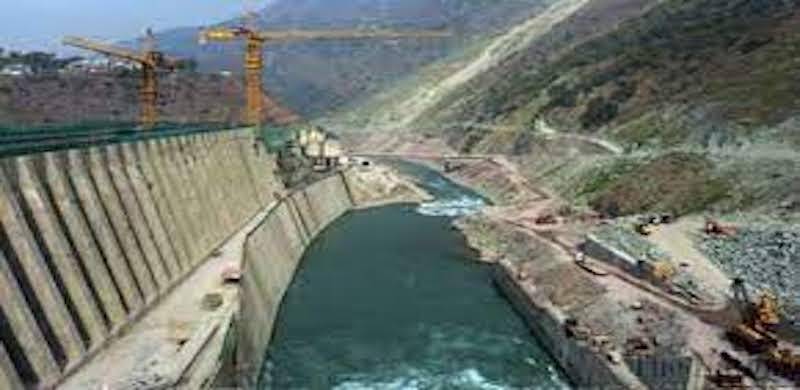
Gul Mohammad, a resident of Miagan village, near Mohmand tribal district headquarters in former Fata, is about to recreate a habitat for rare birds. “I wake up to the chirping of birds. I feed them with grains and water early in the morning. It makes me feel so happy,” he says.
Mohmand tribal district is among five districts in Pakistan where water table is dropping to a dangerously low level, threatening unique animals and destroying growth of herbs and shrubs.
Set on reviving the bird sanctuary, Muhammed says, “I have planted many vegetables and fruits trees in my home to attract species of birds, like Sparrows, Blackbirds, Crows, Quails, Parrots, Black Owls, Hawks, Pigeons, Woodpeckers and Dove,” he says.
Muhammed has a family of 13 members, and “I have taught them to protect the nature,” he adds. One day, his eight years old grandson, Izaz, brought a small sparrow from the garden to give it some medical aid and to protect it from other animals. “I was amused by his maturity and dedication to protect the bird,” he adds.
They believe that planting of eucalyptus trees (lachi in local language) by the government has lowered the water table in the Mohmand tribal district. The foreign funded solar tube wells, rising population and construction on agriculture land has dropped the water table further in the area.
Due to scarcity of water, climate change and low rainfall, different species of birds have disappeared from Mohmand. There was a mountainous area near the village once, called Smasa in Pasto, that hosted Black Owls. “Smasa was cold and windy. It was an ideal sanctuary for owls. But due to shortage of water, owls became extinct,” says Muhammed.
The government has built three small dams in the area. The local residents believe that dams may raise the water level and enable cultivation of crops, fruits and vegetables.
Fazl-e-Haadi, another villager, says, “Due to shortage of water, people are forced to bring drinking water from far flung areas. Not too long ago, our village was beautiful with green crops, plants, vegetable and fruit trees in abundance,” he says. However, the scarcity of water and low rainfall has made the area barren. Locals used to cultivate wheat, corn, mustard, sunflowers, sugarcane and many types of vegetables and fruits.
They believe that planting of eucalyptus trees (lachi in local language) by the government has lowered the water table in the Mohmand tribal district. The foreign funded solar tube wells, rising population and construction on agriculture land has dropped the water table further in the area. People are expecting the water situation to improve after the construction of the dams and active tree plantation in the area. “We are hoping to host more birds and invest further in building their natural habitat,” he says.

